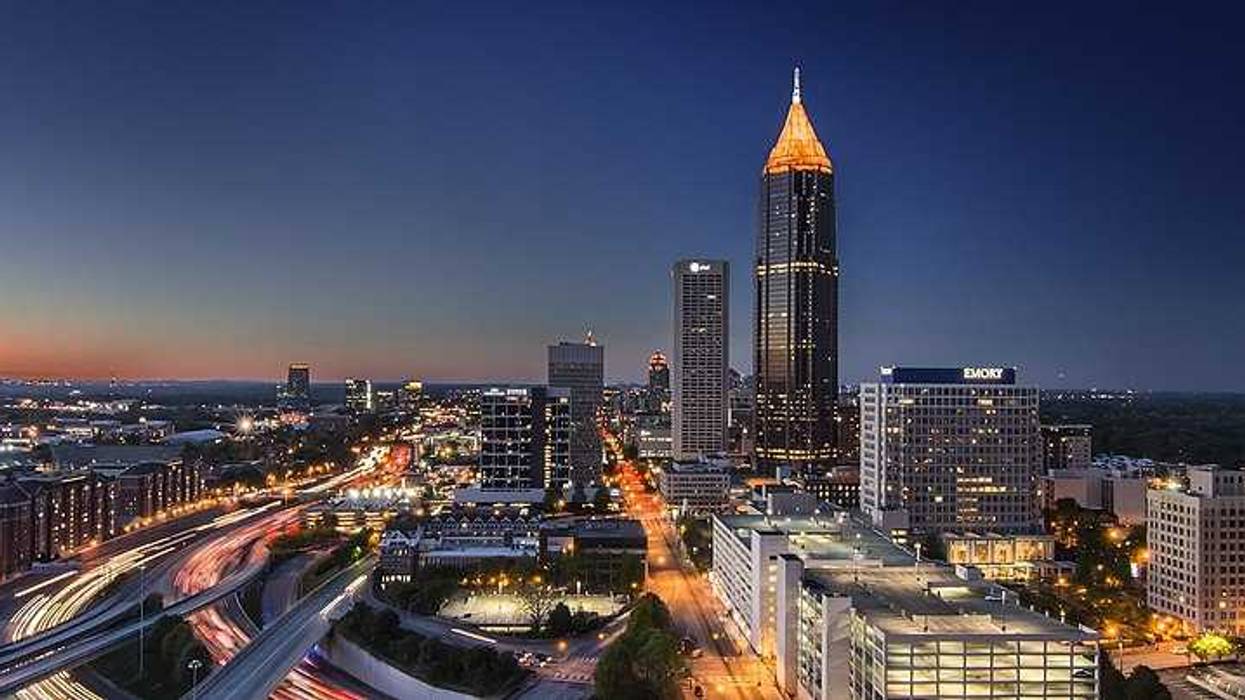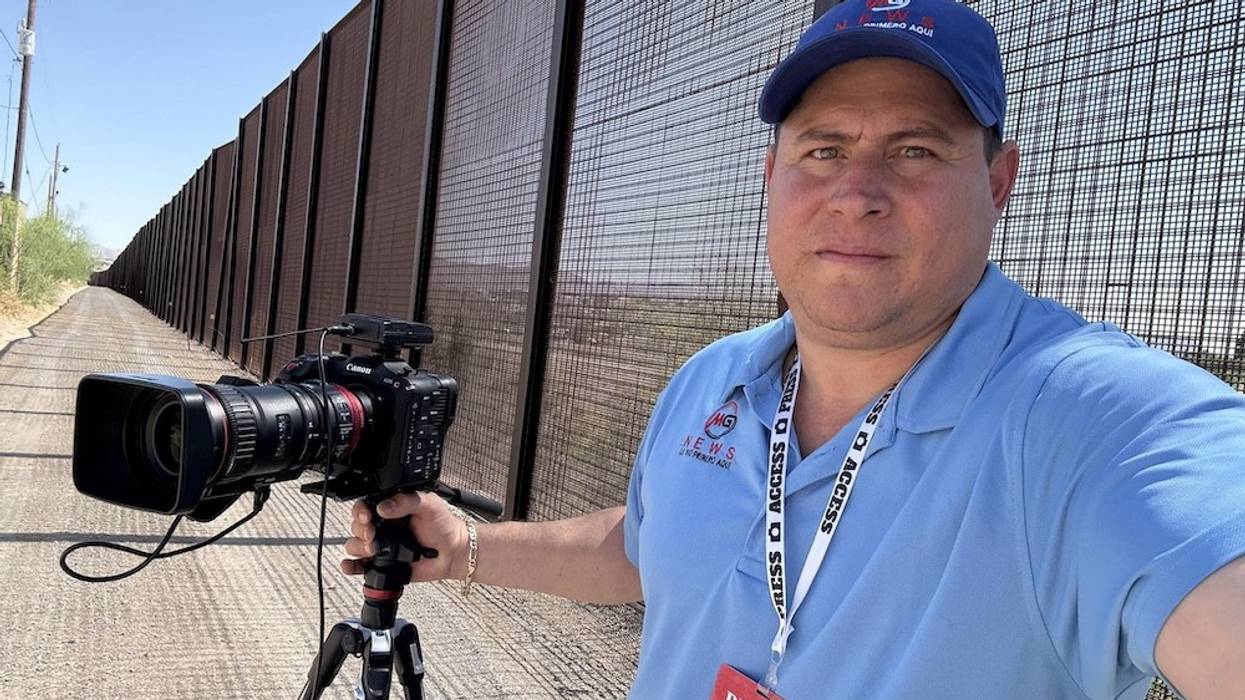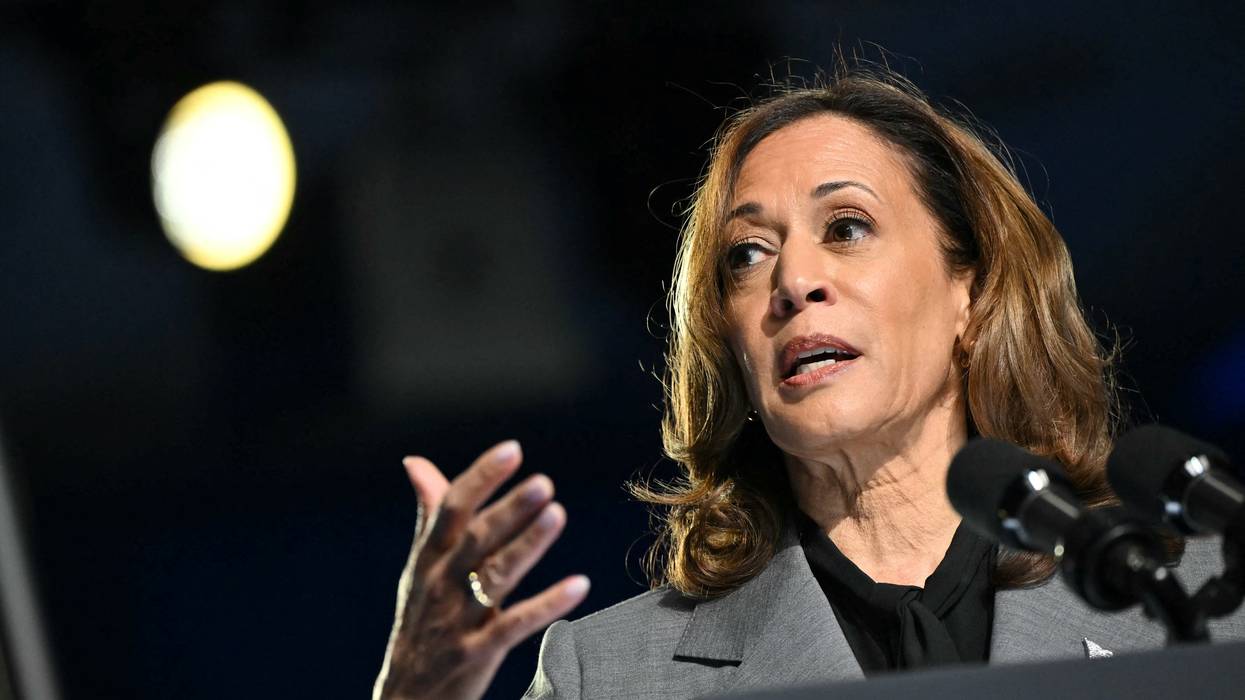Atlanta Must Put Equity at the Heart of City Planning
Unless residents are meaningfully included from the start, we’ll continue to pay the price for decisions that will be made without us.
On some streets in Atlanta’s Westside neighborhoods, you can smell the flood before you see it. Gray wastewater rises into the roads, seeps into homes and cars, and lingers long after the storm has passed. Residents step onto their porches, hands over their faces, taking in the now-familiar scene. All it takes is a strong rainstorm to overwhelm a system that was never built to support the people who live here.
In one area, flooding became more severe after new construction added housing density without adequate upgrades to drainage infrastructure. A developer installed a retention pond across from a residential block as part of the deal, but it hasn’t been enough. This pattern is not unique to Atlanta. Many cities with legacies of redlining, highway expansion, and racially unequal investment are now experiencing the cumulative toll of decades of neglect and the rising cost of excluding communities from the decisions that shape their neighborhoods.
The flooding that plagues Atlanta’s Westside isn’t just a weather issue. It’s the result of decades of disinvestment, shortsighted planning, and infrastructure that was never designed to serve the communities that live here. And while other cities long ago updated their water systems to separate drinking water from wastewater, Atlanta still runs both through the same outdated pipes. When a heavy rain hits, the system overflows, and neighborhoods are submerged in sewage.
Many of Atlanta’s historic Black neighborhoods are situated at the base of hills, downhill from the wealthier, whiter parts of the city. That’s not a coincidence. It reflects a long history of redlining, highway construction through Black communities, and the repeated exclusion of Westside residents from decisions that shape our lives. We live in the lowlands, and we’ve been treated like an afterthought for generations.
Atlanta often celebrates its civil rights legacy, and as someone who calls the Westside home and works to support communities across the region, I understand the weight of that history. But legacy alone won’t stop the floods.
Now, as the city rushes to accommodate new developments, from Mercedes-Benz Stadium to the Gulch, we are told that flooding will finally be addressed, but only because it now threatens new investment. Downtown Atlanta sits atop massive concrete structures built 50 feet above what was once an industrial rail hub. These platforms were funded with public money, including half a billion dollars to support a luxury development in The Gulch.
Developers were handed city resources and made a promise to include affordable housing and community benefits. As part of a nearly $1.9 billion incentive package, developers agreed to make 20% of the new housing in Centennial Yards affordable. Instead, builders opted to pay an $8 million in-lieu fee, thereby avoiding any affordable housing options altogether. It’s a legal way to sidestep the promises used to gain public support in the first place. And without strong accountability, that money rarely flows back into the communities that were supposed to benefit.
Existing Westside neighborhoods are absorbing the infrastructure demands created by new development. One of many examples is Georgia Power's proposal to build a new electrical substation just two blocks from an elementary school to power nearby luxury developments. These decisions are made without our input, yet our neighborhoods are left to manage the fallout at once: an overwhelmed watershed system, expanding energy needs, and the strain on roads and public services that were never built to support this kind of growth.
This kind of development process is reactive and extractive. It’s a pattern I have seen over and over again. A developer shows up. A problem is discovered, and the community raises concerns. At that point, the city scrambles to hold a few meetings or patch together a short-term fix. But the damage has already been done.
This isn’t just inconvenient. It’s disruptive to our lives and our stability. It undermines property values, displaces long-time residents, and increases the financial burden on families already stretched thin. I have seen neighbors leave not because they wanted to, but because living here became unsustainable.
Living through the consequences and working inside the systems that produced them, I know change is possible, but only if we change how decisions are made. My journey, shaped by life in Atlanta’s Westside neighborhoods and a career focused on building community power, brought me to lead the national Just Communities initiative. The Westside is where so much of Atlanta’s civil rights legacy was born. That history of resistance and resilience is not just part of the past. It’s what drives me, and many others, to continue fighting for justice.
Just Communities is grounded in the belief that equity is a forethought. It shapes the process, not just the outcomes. The Just Communities Protocol offers a practical road map for doing exactly that. At its heart is the Declaration of Collaboration, a tool designed to formalize shared governance among community members, city officials, and developers. It’s not about public input after the fact. It’s about building structures where residents shape decisions from the beginning: what gets built, where, and how.
Right now, the City of Atlanta is updating its comprehensive plan, zoning ordinances, and watershed infrastructure. These are opportunities to finally do things differently. However, unless residents are meaningfully included from the start, we’ll continue to pay the price for decisions that will be made without us.
Atlanta often celebrates its civil rights legacy, and as someone who calls the Westside home and works to support communities across the region, I understand the weight of that history. But legacy alone won’t stop the floods. Honoring it requires more than symbolism; we need a new process, one rooted in justice and shared power. If we want different outcomes, we must change how decisions are made. Until that happens, communities like mine will continue to pay the price.


